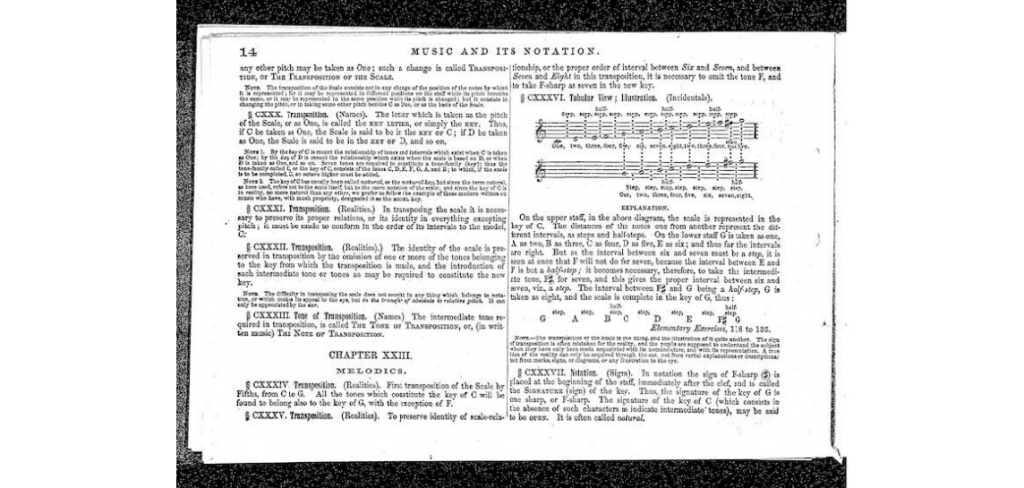In Richard Crawford’s America’s Musical Life, the role of Lowell Mason as a composer of sacred and secular music in America is briefly touched on. What Crawford overlooks is the role Mason played in the development of music education in America. Aside from composing over a thousand hymns, Mason is widely considered to be the father of public music education in America. The addition of music into the standard curriculum was largely due to the efforts he made in Boston in the mid 19th century. In 1837, Mason made a proposal to the Boston public school district, saying:
“Once introduce music into the common schools and you make it what it should be made, the property of the whole people. And so, as time passes away, and one race succeeds to another, the true object of our system of Public Education may be realized, and we may, year after year, raise up good citizens to the Commonwealth, by sending forth from our schools, happy, useful, well-instructed, contended members of society.”
The board agreed to let Mason teach a class for one year. Thankfully, the experiment was a success, and the board decided to include music education into the standard curriculum. At this point, music was only studied in America in private singing schools. Mason maintained a teaching position within the Boston school district until 1851. In response to the growth of music in public schools, and drawing from his experiences teaching, Mason compiled a guide for future teachers, titled How Shall I Teach?; or, Hints to Teachers (1860).
The system that he presented was ahead of it’s time, and much of his practices are still used today. On the learning process, Mason wrote that there were 3 ways in which something can be learned. These ways are through the immediate senses, through reason, and through faith. Rather than having students conform to a mold, Mason wanted students to pursue their own interests. It is the job of the teacher to nourish their students creativity and curiosity. Reflecting on music teachers that had a significant impact on me, it seems that many of them carried similar mentalities to Mason’s. Realizing the impact that Mason had on following generations is an impossible task. Learning and spreading his ideas is the only appropriate way to honor him for the countless generations of music lovers he is responsible for.
Citation
Mason, Dr. Lowell. How shall I teach?; or, Hints to teachers. Ditson, Oliver, Boston, monographic, 1875. Notated Music. Retrieved from the Library of Congress, https://www.loc.gov/item/sm1875.06030/. (Accessed October 23, 2017.)
Rich, Arthur. “Lowell Mason, Modern Music Educator.” SAGE Journals. 2017. http://journals.sagepub.com/doi/abs/10.2307/3385901

